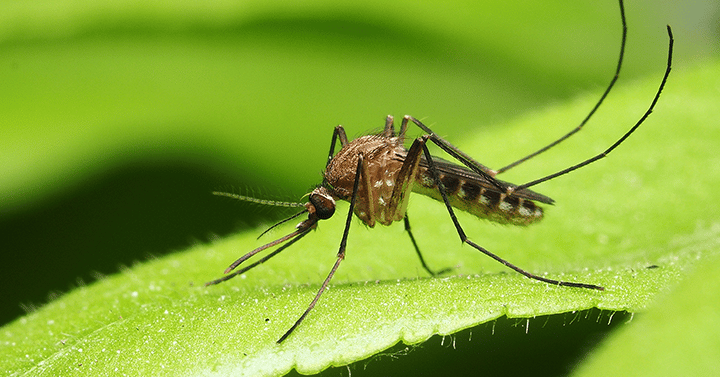From a recent survey conducted by Kline among mosquito control professionals in the United States, the average annual budget spent is $1.5 million to control mosquitoes.
“Mosquitoes are controlled through a variety of methods,” says Laura Mahecha, Director of our Agrochemicals sector. “One is chemical, in which chemical pesticides and surface films or oils are used to kill the insect at various stages of development, or by restricting the insect’s growth with synthetic hormones.”
Within mosquito professionals’ annual budgets, an average of 26% is spent on chemicals, Mahecha notes, with leading suppliers of mosquito control pesticides including Central Life Sciences, Clarke, Valent, AMVAC, and Bayer.
Other methods to battle mosquitoes are biological, in which natural predators are introduced, and mechanical, which entails draining, filling in, or otherwise eliminating the sources in which the insects breed.
The reasons to control mosquitoes are plentiful: The American Mosquito Control Association (AMCA) notes that the insects cause more human suffering than any other organism — over one million people worldwide die from mosquito-borne diseases every year. Those diseases include the Zika virus, West Nile virus, Chikungunya virus, dengue, yellow fever, encephalitis, and malaria. West Nile virus is one of the most common mosquito-borne diseases in the continental United States. Dengue, Chikungunya, and Zika virus outbreaks have occurred in U.S. states and territories, including Florida, Hawaii, Texas, Puerto Rico, the U.S. Virgin Islands, and American Samoa.
In addition, mosquitoes can transmit several diseases and parasites to dogs and horses, including dog heartworm, West Nile virus, and Eastern equine encephalitis.
Officials are taking the dangers of mosquitoes more seriously than ever. The Strengthening Mosquito Abatement for Safety and Health (SMASH) Act, included as section 607 of the Pandemic and All-Hazards Preparedness and Advancing Innovation Act of 2019 (P.L. 116-22), reauthorized Centers for Disease Control and Prevention (CDC) resources to be used to address emerging infectious mosquito-borne diseases and improve existing control programs for the protection of public health in our nation. Specifically, the measure expands and extends authorization for $100 million in annual grants for mosquito prevention, control, and response programs.
Periodically, Kline issues market studies analyzing mosquito control activities conducted in mosquito abatement districts (MADs) and vector control districts (VCDs), as well as activities conducted by organizations such as city, county, public, and environmental health departments. Our new study, Mosquito Control: U.S. Analysis and Opportunities, is currently underway and will be published in the third quarter of 2023. The report is a comprehensive analysis examining the mosquito control/disease vector and the pesticides used for its treatment control by the U.S. government; it provides suppliers and formulators with the latest information on product usage for the mosquito control market, with a breakdown for adulticides and larvicides. Upcoming reports on countries outside the U.S. are also being considered. For more information, contact us.

